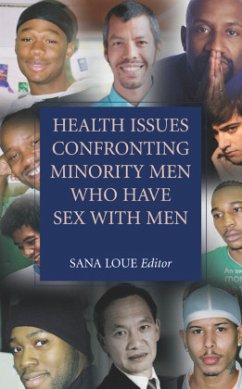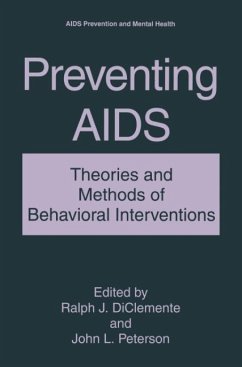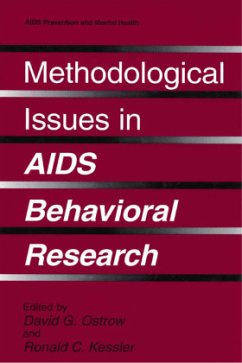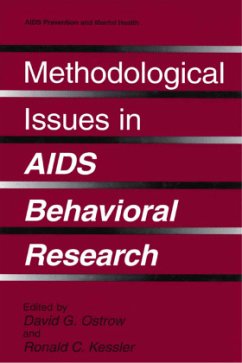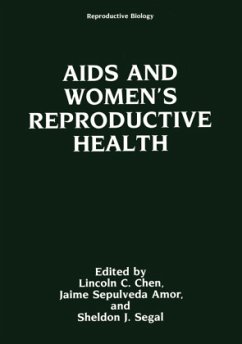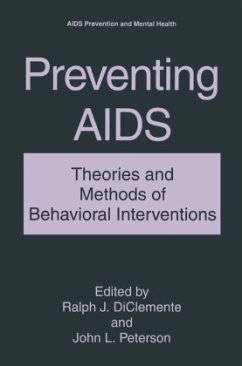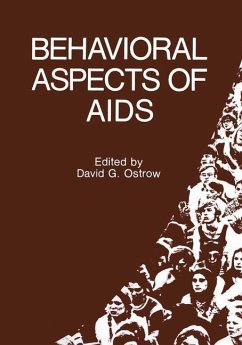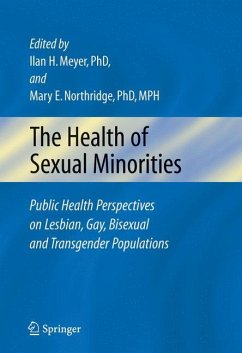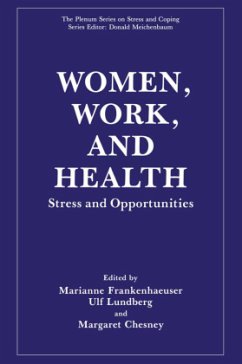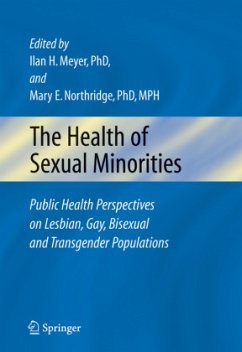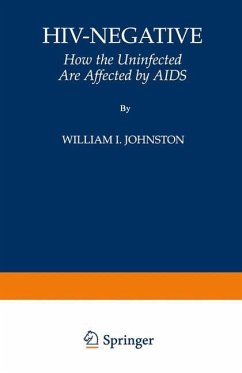
HIV-Negative
How the Uninfected Are Affected by AIDS

PAYBACK Punkte
20 °P sammeln!
"I look back at the numbers of sexual partners I had and it becomes frightening. How could I escape? It's almost like you're being thrown into a pit that has 500,000 snakes in it and you manage to escape. But you know that somewhere in your pants there is a little snake that you didn't quite shake out - that eventually is going to bite you". This remark from an HIV-negative gay man expresses the disbelief, survivor guilt, and fatalism that is common among some uninfected gay men in the United States more than a decade into the AIDS epidemic. Traumatized by repeated losses and sometimes immobil...
"I look back at the numbers of sexual partners I had and it becomes frightening. How could I escape? It's almost like you're being thrown into a pit that has 500,000 snakes in it and you manage to escape. But you know that somewhere in your pants there is a little snake that you didn't quite shake out - that eventually is going to bite you". This remark from an HIV-negative gay man expresses the disbelief, survivor guilt, and fatalism that is common among some uninfected gay men in the United States more than a decade into the AIDS epidemic. Traumatized by repeated losses and sometimes immobilized by fear, many HIV-negative gay men find themselves asking what it means to be a "survivor" of a disaster that is not yet over. HIV-Negative: How the Uninfected Are Affected by AIDS explores the psychological and social issues confronting HIV-negative gay men 10 years after the introduction of HIV-antibody testing. William I. Johnston, facilitator of a discussion group for uninfected gay men in Boston, presents in this book an illuminating portrait of a part of the gay community that has been largely neglected in the face of the grueling demands of the emergency response to the epidemic. Gathering materials from interviews with more than 45 uninfected gay men, the author examines the ways in which the concept of "HIV status" has profoundly altered gay culture. In these pages, men discuss their decisions to get HIV testing, reactions to testing negative, social and sexual relationships with HIV-positive men, attitudes toward sexual risk-taking and seroconverting (becoming HIV-positive), and the emotional and spiritual consequences of surviving the AIDS epidemic when others are dying.HIV-Negative opens up a much-needed discussion about the position of the uninfected in a community devastated and alienated by plague. It is compelling reading for those who are considering HIV testing, who have tested HIV-negative, or who are in positive-negative relationships, and it is a valuable resource for counselors, social workers, and therapists interested in the mental health of gay men, and for researchers and community activists interested in HIV-prevention issues. The voices in this book raise questions that resonate within all of us: How do we experience and define the meanings of sexuality, vulnerability, mortality, and responsibility in the age of AIDS?





